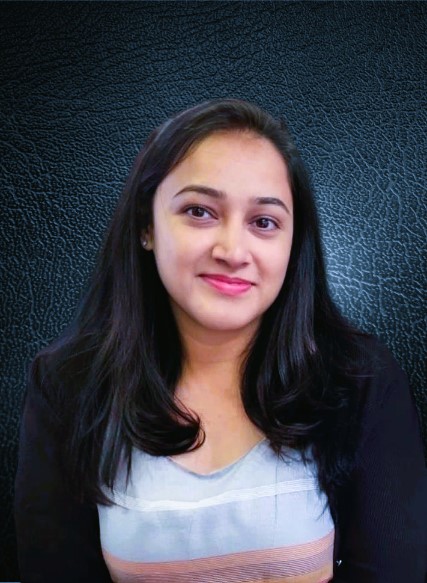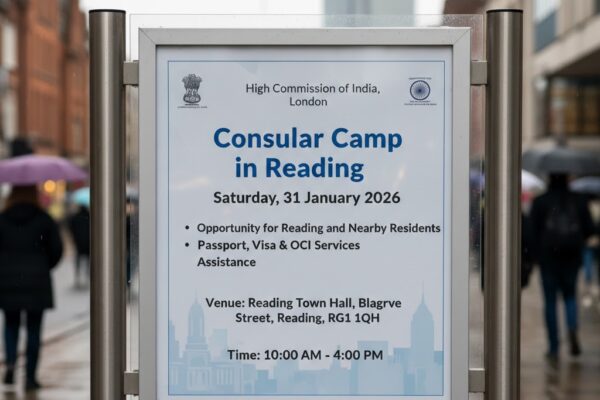
A Kerala-born academic at the University of Bradford has been awarded a prestigious £2.2 million UKRI Future Leaders Fellowship to develop a revolutionary new biomaterial that could heal the human body using nothing but natural movement.
Dr Arathyram Ramachandra Kurup Sasikala, Assistant Professor in Biomedical Engineering at the University’s Institute of Health and Social Care, will lead a four-year programme to create a next-generation piezoelectric bone implant capable of generating electricity from body motion. The electricity produced will stimulate tissue regeneration and power medical devices such as pacemakers — all without wires, drugs, or batteries.
Pioneering a new field in medical science
Dr Sasikala’s project opens new frontiers in a field known as Piezoelectroceutics, where smart materials work in harmony with the body’s natural systems. The research could accelerate bone healing, reduce the need for invasive surgery, and even support memory restoration. It also promises major environmental and economic benefits by helping the NHS cut costs and reduce reliance on battery-powered implants.
A boost for UK innovation
The fellowship will position Bradford as a global hub for Piezoelectroceutics research. Dr Sasikala will launch a Piezoelectricity Research Cluster to promote collaboration between leading institutions including the University of Leeds, University of Cambridge, UC San Diego, and Summit Medical Ltd. This initiative reflects the University of Bradford’s growing reputation for cutting-edge health innovation and its commitment to research that benefits both patients and the wider community.
From a Kerala village to global recognition
“Coming from a middle-class family in a small village in Kerala, this moment feels truly surreal. From my first Marie Curie Fellowship to now, I’m reminded that when you challenge yourself and keep going, life can surprise you in extraordinary ways.”
She expressed heartfelt gratitude to her husband Afeesh Rajan Unnithan, daughter, parents, mentors, and colleagues for their support, adding: “This is not just my success — it belongs to everyone who supported me. To every young person, especially girls and women from under-represented backgrounds: your dreams are valid, your voice matters, and you belong in science.”
(Image credit: www.bradford.ac.uk)






